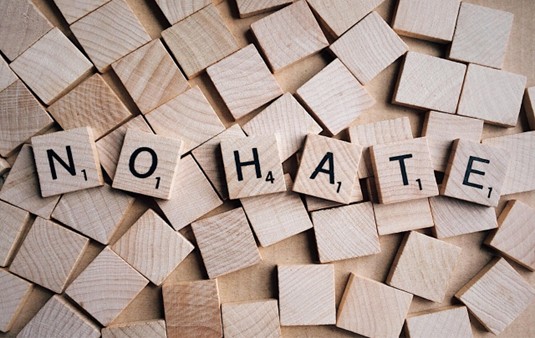The bitter river of hostility between India and Pakistan flows not from the natural springs of people’s hearts, but from the carefully constructed dams of political elites. Like colonial masters of old, today’s rulers in both nations have perfected the art of divide and rule, turning blood brothers into sworn enemies through calculated manipulation of history, religion, and nationalism. The tragedy lies not in the partition of land, but in the partition of minds that followed.
For seventy-five years, the war drums have beaten a steady rhythm of hatred, drowning out the quiet voices of reason. School textbooks rewrite history to poison young minds, news channels scream propaganda to terrify audiences, and borders explode regularly to justify swollen military budgets. Meanwhile, an Indian farmer toiling under debt and a Pakistani laborer struggling to feed his family remain oblivious to their shared oppression. The real enemy wears not the uniform of another nation, but the tailored suits of corporate boardrooms and the medals of military elites who grow fat on conflict.
Beneath the patriotic slogans lies a brutal truth – war is profitable business. Arms dealers in London and Moscow smile as Delhi and Islamabad sign billion-dollar deals while children go hungry in both countries. Politicians win elections by waving the bloody shirt of nationalism, distracting from their corruption and failures. The banned trade between the two nations hurts poor merchants while the rich smuggle goods through Dubai. This is not patriotism but piracy – the looting of nations by their own elites.
Those who dare speak against this madness face the full force of state repression. Peace activists are branded traitors, journalists murdered for asking questions, artists banned for promoting harmony. The fear is so deep that people censor themselves before whispering the word “peace”. A culture of silence descends, where the only safe words are those that repeat official hatred. Like prisoners in adjoining cells tapping on a common wall, Indians and Pakistanis communicate in coded messages – a film song here, a cricket match there – always careful not to anger their jailers.
The ultimate weapon in this psychological warfare is the label of “traitor”. A Kashmiri student sharing a meal with a classmate across the border, a Pakistani singer expressing love for Indian art, an Indian scholar quoting a Pakistani poet – all become targets. Families disown children who fall in love “with the enemy”, employers fire workers who dream of peace, mobs attack thinkers who imagine a different future. The borders exist not just on maps but in minds, patrolled by thought police more ruthless than any army.
Yet hope flickers in the darkness. When Indian and Pakistani farmers protest the same corporate giants, when workers in both countries strike against the same economic policies, when mothers on both sides mourn their dead soldiers together – the walls begin to crack. The truth can no longer be hidden: the real division is not between nations but between the powerful and the powerless. Breaking the culture of silence begins with simple acts – questioning the official narrative, reaching across the digital divide, remembering that before we were Indians and Pakistanis, we were human beings. The elites fear nothing more than this awakening, for when the oppressed unite, the oppressors must tremble. The road to peace begins when we stop seeing each other as enemies and recognize our common chains – and our shared power to break them.
